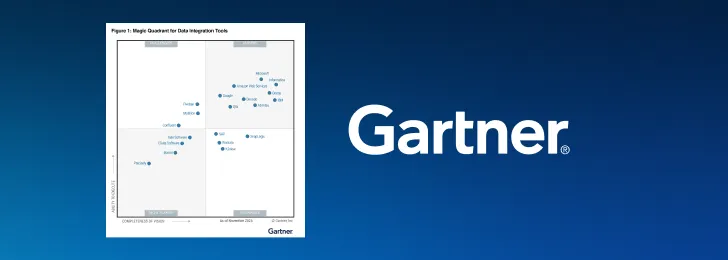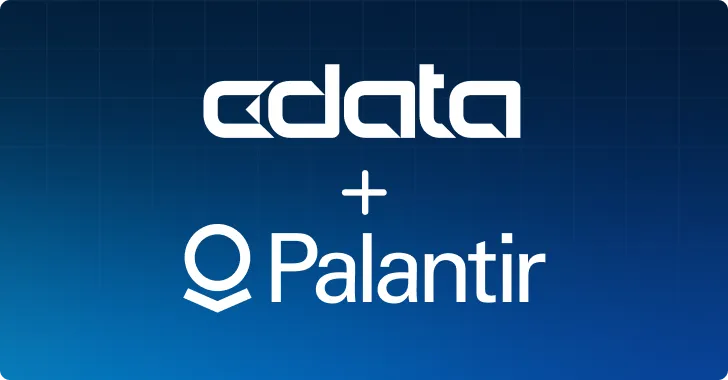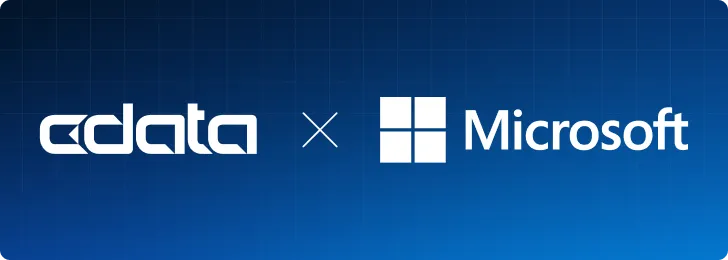Data fragmentation has become a major roadblock for many enterprises on their journey to digital transformation. Gaining business insights from data is more crucial than ever, but as cloud-based infrastructure that data has become more decentralized and difficult to manage.
Data virtualization technologies have evolved to solve these difficulties, but establishing a data virtualization platform is often impractical, cost-prohibitive, or otherwise out of reach for many enterprises.
Instead, embedded technologies - those that directly augment existing integration, processing, and analytics tooling - are helping organizations deploy tactical solutions to overcome their data management challenges.
From USB to Data APIs: The Benefits of Standardized Connectivity
Spun out of IBM in 1996, Universal Serial Bus (USB) is the port that changed how people interact with technology. Before USB, setting up computers and connecting components required a massive variety of specialized connections. Connecting peripherals included plugging in components via PS/2 or serial port, Apple Desktop Bus, DIN connector, firewire, parallel port, or any number of other interfaces. If your computer didn't have a free port or interface, you would likely have to spend time and money upgrading hardware.
If you've ever had to deal with this headache, you have USB to thank for its resolution.
The goal of USB was simple: create a single universal interface for connecting devices. With a standard interface, vendors produced hardware more freely, without worrying about device incompatibilities. Similarly, consumers no longer had to spend time and money upgrading hardware to support the next generation of components.
Data APIs are changing the way people connect with application data in the same way USB did for hardware.
Plug-and-play Data Connectivity
The shift to SaaS, hybrid-cloud, and multi-cloud environments has created a massive data fragmentation problem for enterprise IT. Today, operational data is distributed, siloed away behind an array of SaaS APIs and services. While APIs and SDKs provide extensibility points for accessing data, every interface is unique, and there is no common language for communicating.
Data APIs create a common database abstraction on top of applications and data using established driver interfaces like JDBC, ODBC, and ADO.NET to standardize how applications connect with data. Leveraging a traditional database metaphor to support integration, Data APIs provide tables, views, and stored procedures, that map to resources and operations exposed by each source.
Data APIs piggyback on universal database driver standards to act as a real-time translator between data consumers (data governance, data prep, data integration, master data management, AI & ML, data catalog, data warehousing, data science, BI & analytics, and even low-code integration platforms) and all the applications and data sources used across an organization.
For DataOps teams who want to increase data agility and accessibility, standardizations on Data APIs help establish a common semantic layer that simplifies the ingestion, curation, and orchestration of siloed data to support data democratization.
Ubiquitous support for database integration enables Data APIs to offer the same universal plug-and-play connectivity between applications and data that made USB the established standard it is today.
Simplify Your Enterprise Data Strategy
Data APIs provide an important connectivity framework to support DataOps initiatives. For many organizations struggling under the collective weight of hundreds of disparate APIs, applications, and databases, standardizing data connectivity through Data APIs simplifies their entire data ecosystem.
Instead of having to code integrations against one-off APIs and continuously stay up to date on frequent API changes, standards-based drivers leverage Data APIs to provide a layer of abstraction and protection from the constantly shifting elements. Drivers offer a tactical approach, augmenting existing integration, processing, and analytics tooling to support broad data access capabilities.
CData offers the most comprehensive library of standards-based data drivers on the market, boasting connections with 250+ data sources to help your DataOps team make the most of their data.
Get in touch with a CData representative today to learn more about CData Drivers and how to leverage standards-based connectivity in your journey to digital transformation.





